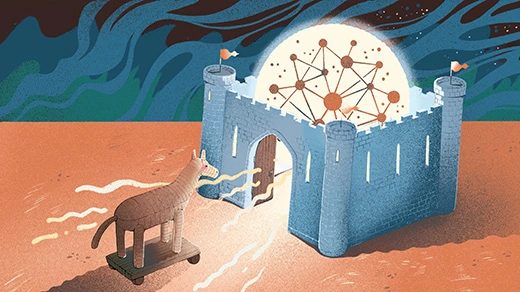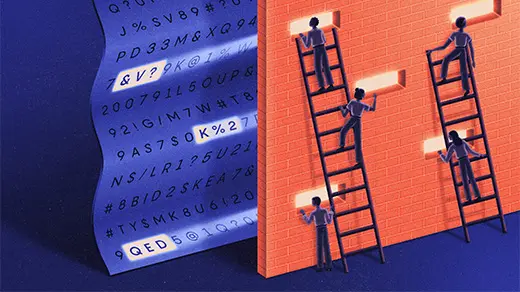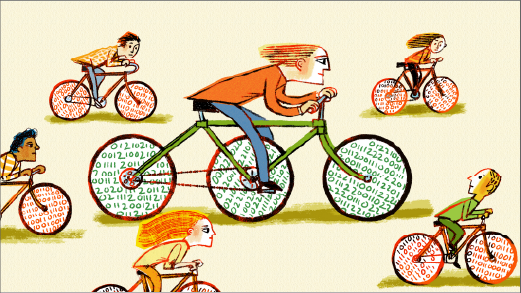What's up in
Cryptography
Latest Articles
Cryptographers Show That AI Protections Will Always Have Holes
Large language models such as ChatGPT come with filters to keep certain info from getting out. A new mathematical argument shows that systems like this can never be completely safe.
Quantum Scientists Have Built a New Math of Cryptography
In theory, quantum physics can bypass the hard mathematical problems at the root of modern encryption. A new proof shows how.
The High Cost of Quantum Randomness Is Dropping
Randomness is essential to some research, but it’s always been prohibitively complicated. Now, we can use “pseudorandomness” instead.
Quantum Speedup Found for Huge Class of Hard Problems
It’s been difficult to find important questions that quantum computers can answer faster than classical machines, but a new algorithm appears to do it for some critical optimization tasks.
The Year in Computer Science
Researchers got a better look at the thoughts of chatbots, amateurs learned exactly how complicated simple systems can be, and quantum computers passed an essential milestone.
How Public Key Cryptography Really Works, Using Only Simple Math
The security system that underlies the internet makes use of a curious fact: You can broadcast part of your encryption to make your information much more secure.
New Elliptic Curve Breaks 18-Year-Old Record
Two mathematicians have renewed a debate about the fundamental nature of some of math’s most important equations.
Computer Scientists Combine Two ‘Beautiful’ Proof Methods
Three researchers have figured out how to craft a proof that spreads out information while keeping it perfectly secret.
How Base 3 Computing Beats Binary
Long explored but infrequently embraced, base 3 computing may yet find a home in cybersecurity.








